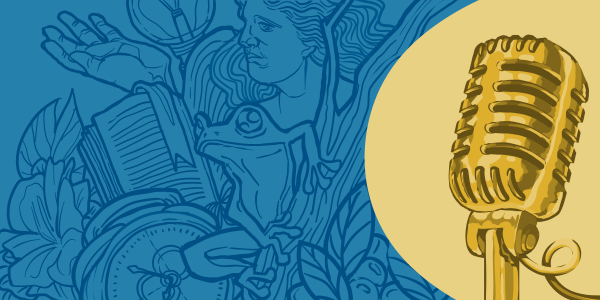Would you be my neighbor?
Using survey data, sociologist Ariela Schachter has investigated how Americans think about race, immigration status, assimilation, and what it means to be ‘similar.’


Using survey data, sociologist Ariela Schachter has investigated how Americans think about race, immigration status, assimilation, and what it means to be ‘similar.’
Kedron Thomas examines the goals and effects of intellectual property laws for the Maya people of Guatemala. Who is a fashion creator, and who is a copycat? And who gets to decide?
Is work-family conflict an inevitable part of contemporary life? Sociologist Caitlyn Collins interviewed 135 mothers in 4 countries to find out how public policies affect working mothers in Europe and the United States.
Ebony Duncan Shippy, a sociologist of education, breaks down some common myths about charter schools.
Sociologist David Cunningham reveals the history of the Klan in civil rights era North Carolina.
Kelly Harris, a doctoral student in education, uses Geographic Information Systems (GIS) to identify ‘hotspots’ of childhood asthma in St. Louis.
Sociologist Jake Rosenfeld explains what "Right to Work" legislation means for the future of organized labor.
Sociologist Adia Harvey Wingfield documents the subtle and pervasive ways that black men continue to face inequality in the workplace.
As principal investigator of For the Sake of All, a multi-disciplinary project in collaboration with St. Louis University on the health and well-being of African Americans in St. Louis, Jason Purnell has researched how factors like education and access to healthy foods affect St. Louisans. Purnell describes the project, explains why differences between zip codes can be so shocking, and shares the types of policy changes that he believes could create positive change.
As the St. Louis community continues to grapple with the recent events in Ferguson, Missouri, Rebecca Wanzo pauses to reflect on Michael Brown and the role of victimization in American culture and politics.
For decades, African-American writers were under constant FBI surveillance and scrutiny. From the Harlem Renaissance through the Black Power movement, the FBI obsessively read and analyzed black writing, and black writers, who understood that they were being watched, created new works of literature in response. William J. Maxwell reveals this literary history.
In July of 1863, James Pennington, a prominent African American minister and former slave, saw his neighborhood destroyed in a violent episode now known as the New York draft riots. How did this chapter of Civil War history shape Pennington's identity and those of the primarily Irish rioters? And what does it reveal about the identity of the country as a whole?